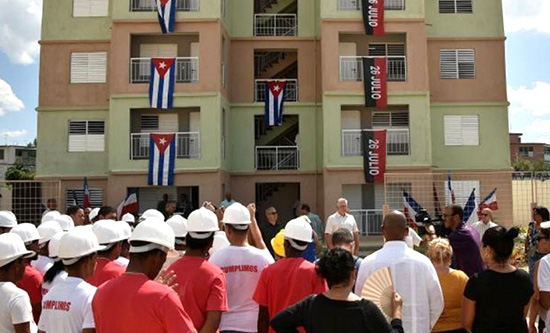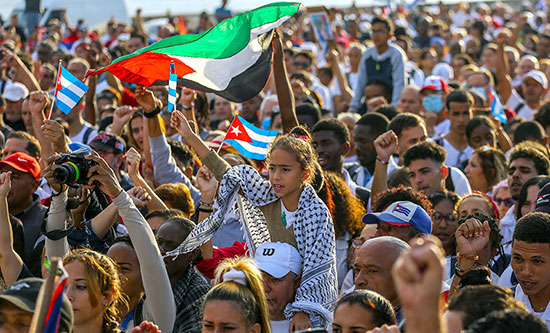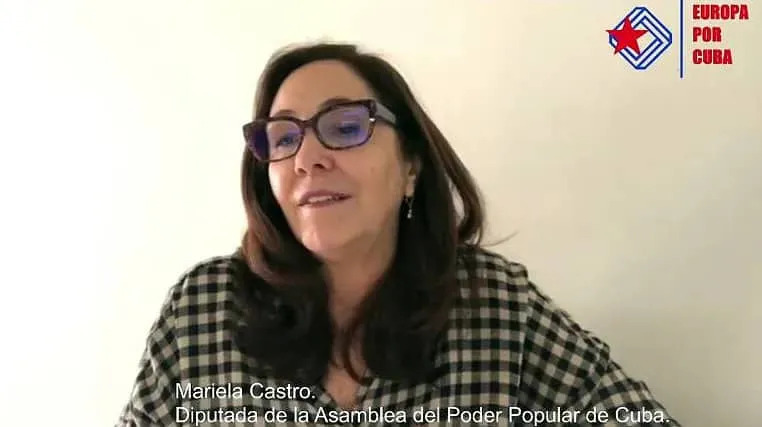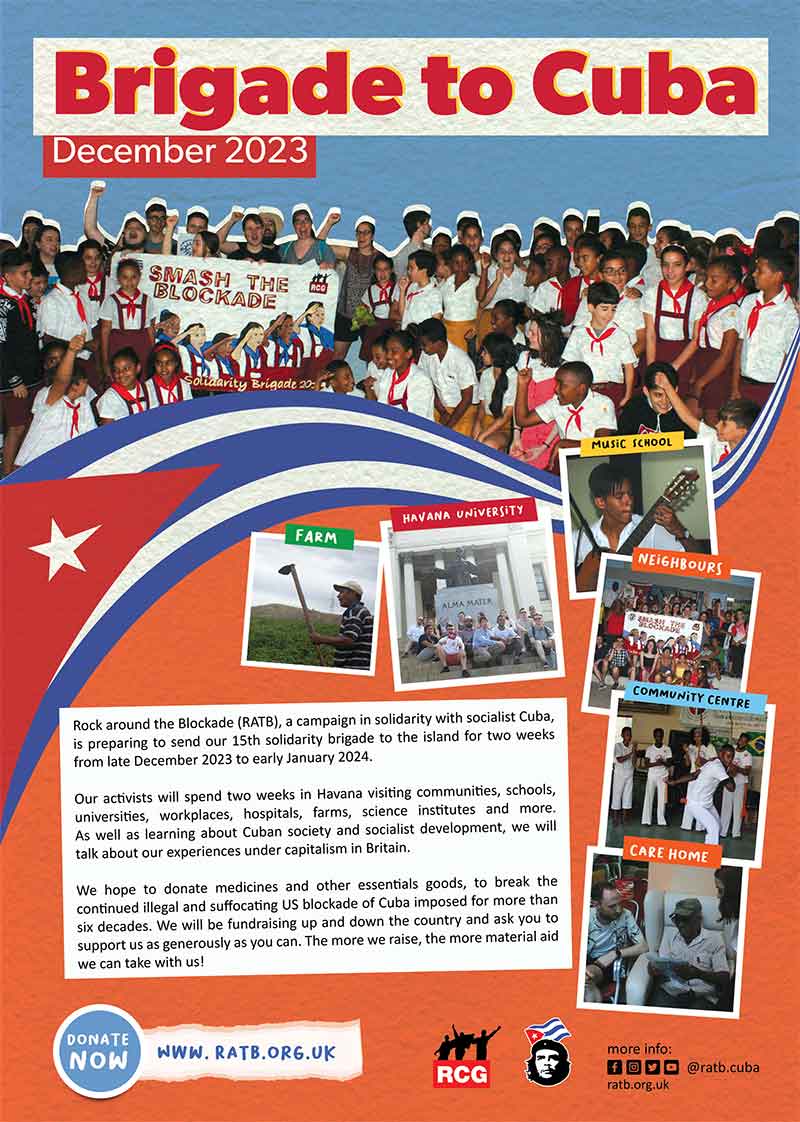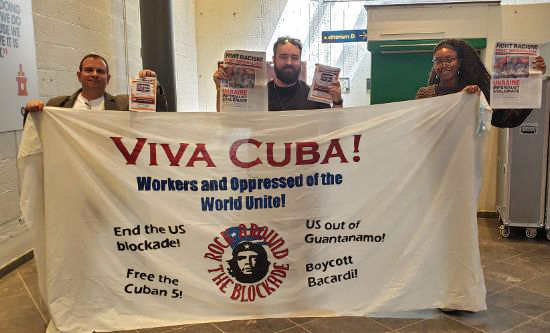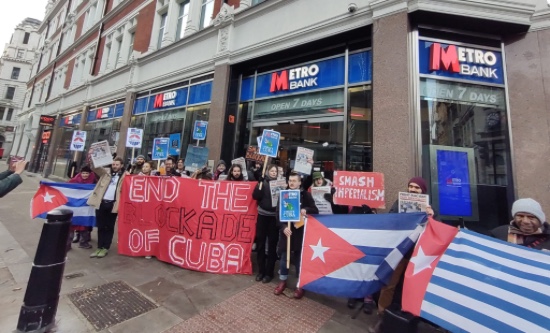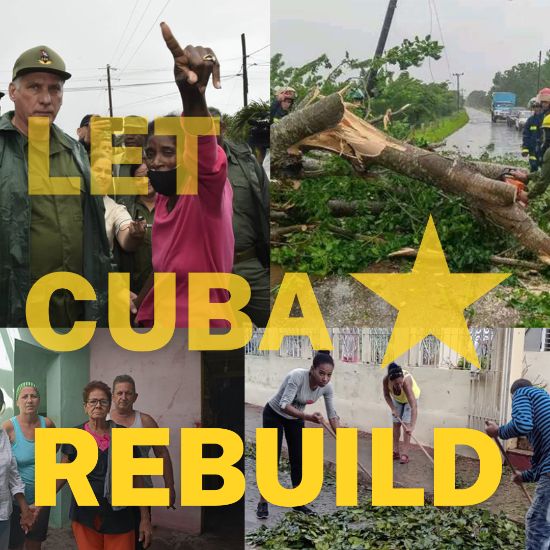- Details
-
Created: Friday, 01 March 2024 10:49
-
Written by Felix Lancashire
Brigadistas saw firsthand what workers’ democracy can achieve when visiting the La Genética neighbourhood in the Playa municipality of Havana. Political representatives in Cuba cannot nominate themselves for positions of state power and must instead be proposed by local residents. As a result, La Genética’s representatives – mostly black women – truly reflect the community they serve (56% of Cuba’s National Assembly are women and 45% are black or mixed race). The Cuban people make their voices heard not only through representatives in government, but through participation in the mass organisations that are active in every aspect of life, including the Workers’ Central Union, Federation of Cuban Women, University Student Federation, and José Martí Pioneer Organisation that empowers young people.
La Genética has benefited from the Neighbourhoods in Transformation initiative aimed at improving the infrastructure, services, and quality of life of the country’s most vulnerable communities. RATB visited a well-equipped nursery, open from 6am-7pm to provide for working parents, many of whom are employed in the nearby biotech plant that gives the neighbourhood its name. The nursery, whose 24 staff care for the developmental needs of 100 children, costs parents just 40 pesos per month for as many children as they have. Among the facilities in the centre are a theatre, cinema and dance studio, with free workshops provided for residents. The planning of the improvement works was conducted by local people based on the community’s needs, and the construction of amenities throughout La Genética provided more than 100 jobs.
The needs of different social groups are not treated as antagonistic under socialism, as they are under capitalism. This was reflected in the approval by the Cuban people in 2022 of a revised Family Code (see FRFI 291). The drafting of the Code was open to the entire population, with six million people participating in tens of thousands of meetings. The final version was passed with 67% of the vote. But, as RATB learned when it visited the Cuban Centre for Sex Education (CENESEX), the 33% who voted against the Code are not glibly expected to ‘like or lump’ the result. Socialist Cuba commits resources to regions where reactionary views prevail in order to enable all Cubans to develop together their understanding of the needs of all people.
Felix Lancashire
FIGHT RACISM! FIGHT IMPERIALISM! 298 February/March 2024
Brigade to Cuba 2023/24
- Cuba resists - End the US blockade
- Cuba democracy in action
- Capitalism destroys lives
- Socialist Cuba advances womens’ and LGBT rights
- Cuban socialism a model for climate action
- Socialist healthcare leads the way
